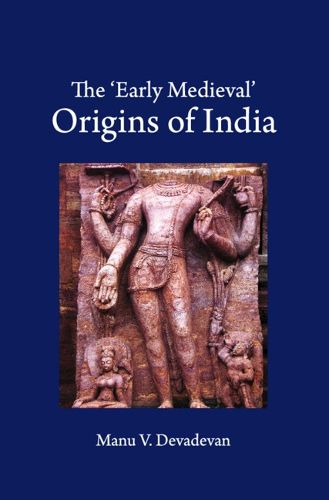Readings Newsletter
Become a Readings Member to make your shopping experience even easier.
Sign in or sign up for free!
You’re not far away from qualifying for FREE standard shipping within Australia
You’ve qualified for FREE standard shipping within Australia
The cart is loading…






India is generally regarded as a civilization with a set of intrinsic attributes that emerged in the age of the Vedas or, better still, in the Harappan times. In recent decades, historical studies have moved away from rigid perspectives of singularity in origin and expansion; the emphasis now is on pluralities and long-term processes spanning centuries and millennia. There is also an influential school of thought which rejects antiquity claims such as these and holds that India is a construct of the colonial and nationalist imagination. In his radical reinterpretation of India’s past, Manu V. Devadevan moves away from these reifying assessments to examine the evolution of institutions, ideas and identities that are characterized, typically, as Indian. In lieu of endorsing their Indianness, he traces their emergence to specific conditions that developed in India between 600 and 1200 CE, a period which historians now call the ‘early medieval’.
$9.00 standard shipping within Australia
FREE standard shipping within Australia for orders over $100.00
Express & International shipping calculated at checkout
India is generally regarded as a civilization with a set of intrinsic attributes that emerged in the age of the Vedas or, better still, in the Harappan times. In recent decades, historical studies have moved away from rigid perspectives of singularity in origin and expansion; the emphasis now is on pluralities and long-term processes spanning centuries and millennia. There is also an influential school of thought which rejects antiquity claims such as these and holds that India is a construct of the colonial and nationalist imagination. In his radical reinterpretation of India’s past, Manu V. Devadevan moves away from these reifying assessments to examine the evolution of institutions, ideas and identities that are characterized, typically, as Indian. In lieu of endorsing their Indianness, he traces their emergence to specific conditions that developed in India between 600 and 1200 CE, a period which historians now call the ‘early medieval’.